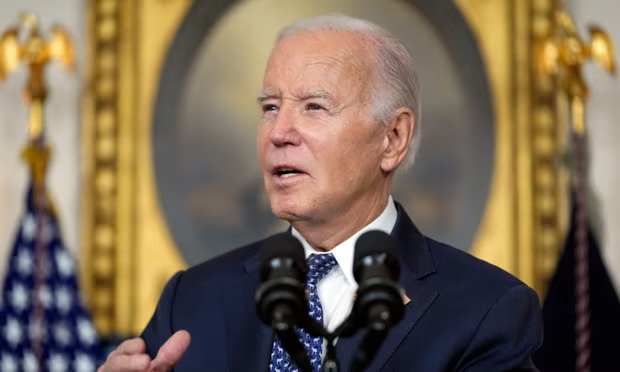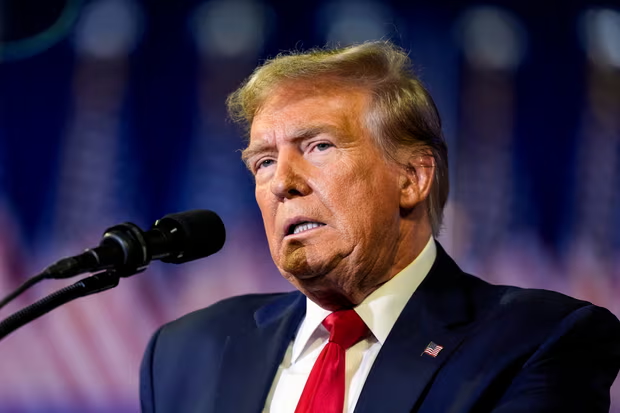Biden Administration recently imposed financial sanctions on four extremist Israeli settlers. This decision has ignited discussions regarding the potential defunding of the entire Israeli settlement enterprise, a move that could significantly impact the dynamics of the Israeli-Palestinian conflict.
The announcement initially prompted confusion in Israel, with Finance Minister Betzalel Smotrich questioning the feasibility of American orders affecting Israeli citizens and assets. However, within a short span, Israeli banks swiftly froze the accounts of sanctioned settlers, illustrating the considerable influence of the United States.
While the current sanctions target individual settlers involved in violence and land appropriation, the executive order signed by President Biden provides a framework for broader measures. These include sanctions against entities complicit in settler violence, such as Israeli state entities, and those providing material support to sanctioned individuals.
Moreover, the order extends to financial institutions and companies facilitating transactions for settlers, posing a dilemma for Israeli banks, utility providers, and communication companies intertwined with the settlement economy. The potential ramifications extend to organizations associated with settlement advocacy, raising questions about the future of funding for settler councils and related entities.
The severity of these sanctions underscores their diplomatic nature, aimed at leveraging foreign policy objectives rather than serving as accountability measures. As the Biden Administration considers recognizing Palestinian statehood as a step toward a two-state solution, defunding settlements emerges as a pivotal strategy. Failure to pursue such action could undermine the credibility of the executive order’s intent and signal a lack of commitment to long-term peace efforts.
In navigating these complex dynamics, the international community closely watches for decisive action from the Biden Administration. The defunding of Israeli settlements could mark a significant step towards realizing a sustainable solution to the Israeli-Palestinian conflict, promoting security, prosperity, and freedom for both peoples.
�










